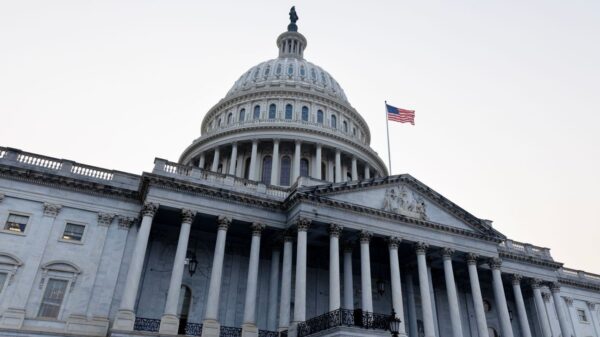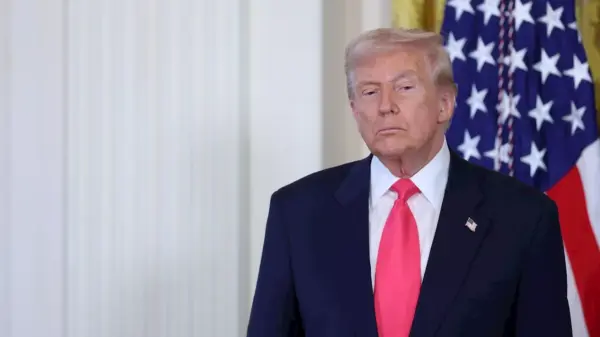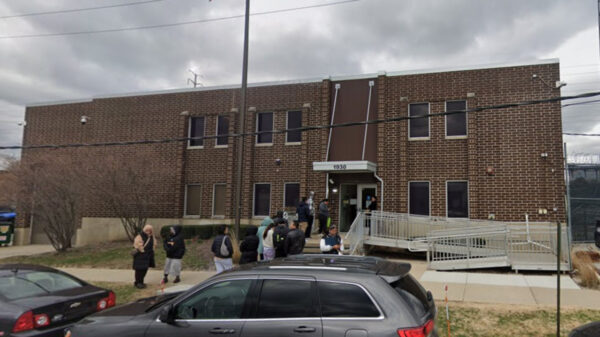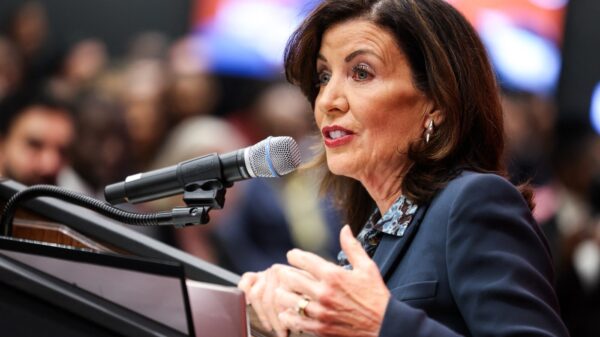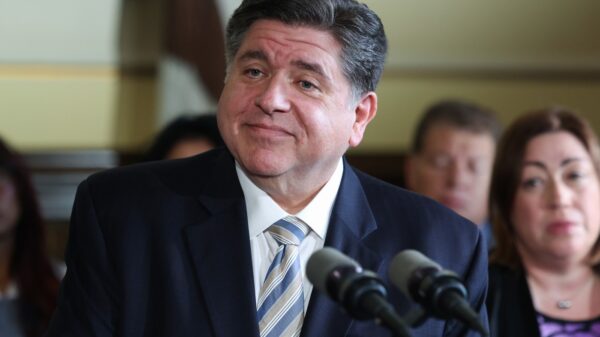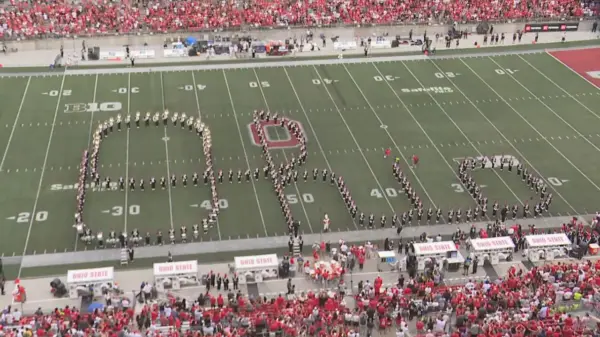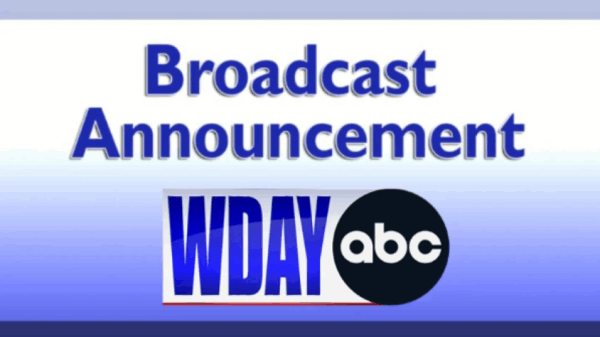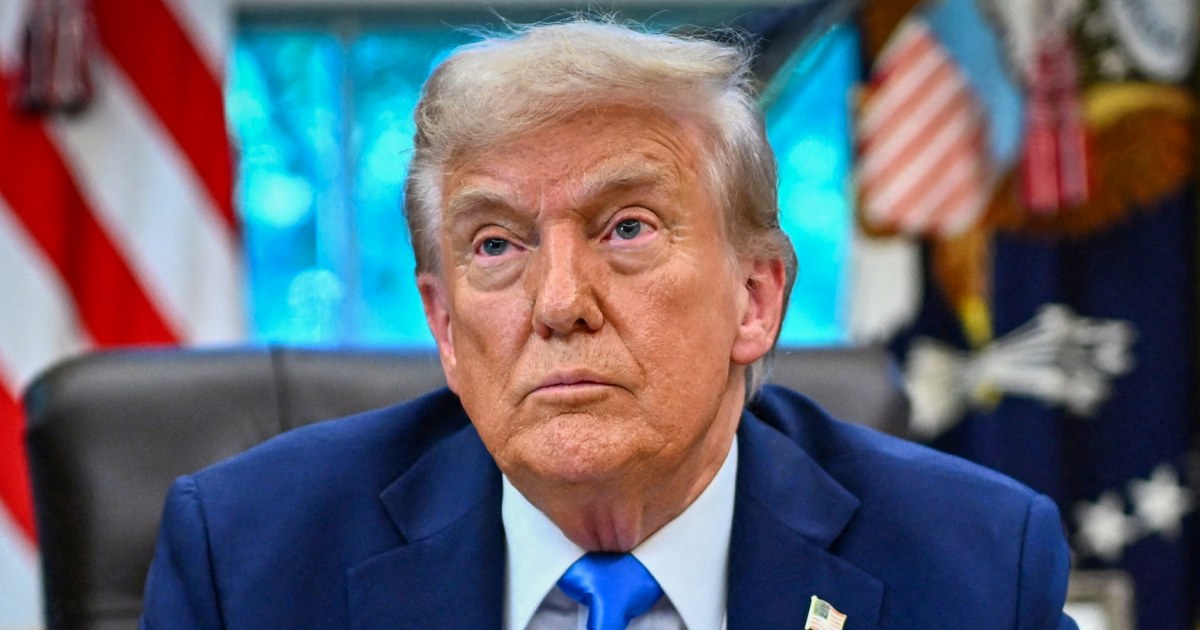The Trump administration’s recent decision to impose a hefty $100,000 fee on certain visa applications has triggered widespread panic and confusion among workers, tech firms, and foreign governments. The announcement, made on September 29, 2023, led to a rush of travel as many sought to return to the United States before the new regulations took effect on October 1, 2023.
Initially, the details surrounding the new fee were ambiguous, leaving many concerned about its impact on existing H-1B visas, which are commonly used by tech companies to hire skilled workers. While the White House later clarified that the fee applies only to new applications and not to current visa holders, the initial lack of clarity caused significant disruption. Workers abandoned travel plans and rushed back to the U.S., fearing they could be barred from returning.
President Trump signed the proclamation requiring businesses to pay the fee to obtain H-1B visas, which are vital for filling high-skilled positions. Despite the administration’s efforts to alleviate concerns, the immediate fallout was palpable. Tech giants like Microsoft, Amazon, and Goldman Sachs swiftly issued advisories to their employees holding H-1B visas, urging them not to leave the country.
“The Proclamation does not apply to anyone who has a current visa,” the White House’s rapid response account confirmed on the social media platform X, emphasizing that the fee was a one-time charge for new petitions. This clarification came too late for many, including individuals like Rohan Singh, a manufacturing engineer in North Carolina, who cancelled his trip to India amid the uncertainty.
India’s government expressed its concern over the potential humanitarian impact, stating that the measure could disrupt families and that they were assessing the full implications. Last year, India accounted for 71% of approved H-1B visa beneficiaries, while China followed with 11.7%, according to government data. The implications of this policy change extend beyond the U.S., prompting countries like South Korea to closely monitor developments, especially following recent immigration enforcement actions.
Aaron Reichlin-Melnick, a senior fellow at the American Immigration Council, criticized the lack of precise communication from the government regarding such a significant policy shift, stressing that it affects thousands of people directly. “When the government announces a major new policy potentially affecting the lives of hundreds of thousands of people, it owes those people precise information,” he stated.
In defense of the new regulation, White House spokeswoman Taylor Rogers claimed the policy aims to prioritize American workers and discourage companies from exploiting the visa system. “It also gives certainty to American businesses who actually want to bring high-skilled workers to our great country but have been trampled on by abuses of the system,” she said.
The proclamation has garnered support among immigration hardliners in Congress, but it has also raised concerns among tech executives who rely on foreign talent. Major corporations such as Amazon, Meta, Google, Apple, and Walmart are among the largest users of H-1B visas, which were established under the Immigration Act of 1990 signed by then-President George H.W. Bush.
Initially, the fee for H-1B visa applications ranged from $2,000 to $5,000, making the new charge a significant increase. President Trump expressed confidence that tech companies would welcome the changes, stating, “I think they’re going to be very happy. Everyone’s going to be happy.”
As the dust settles from this latest immigration policy change, the long-term effects on both the tech industry and international relations remain to be seen. The rapid response from companies and governments underscores the interconnectedness of global labor markets and the potential for domestic policies to have far-reaching consequences.




